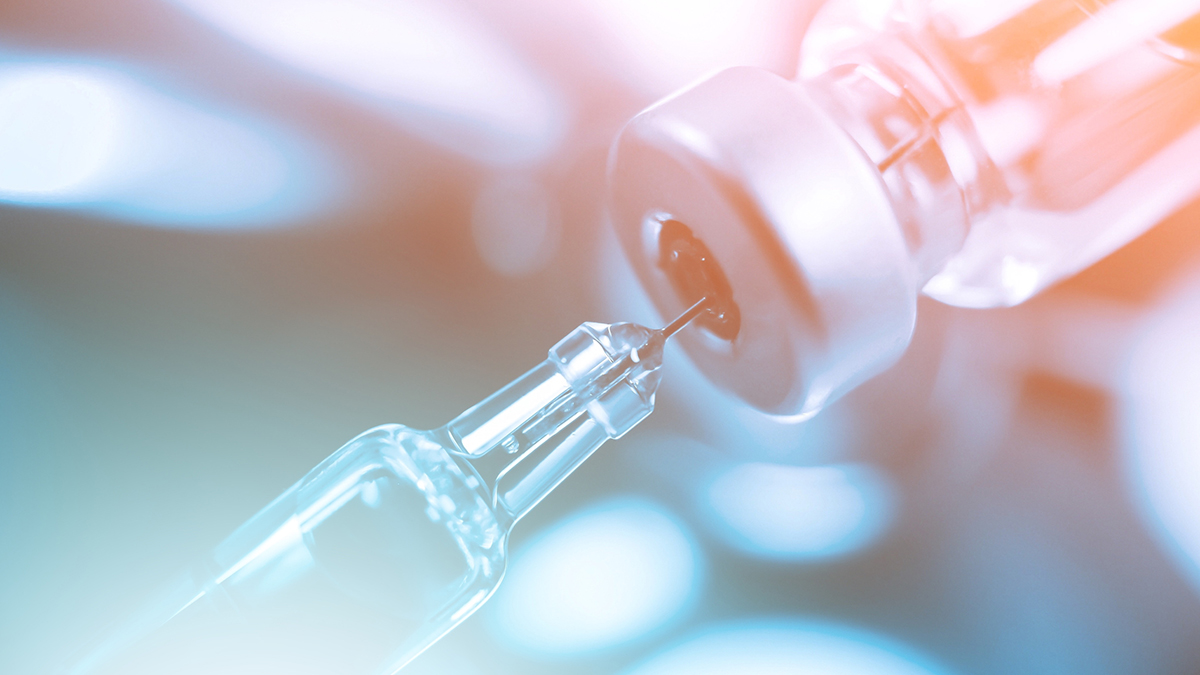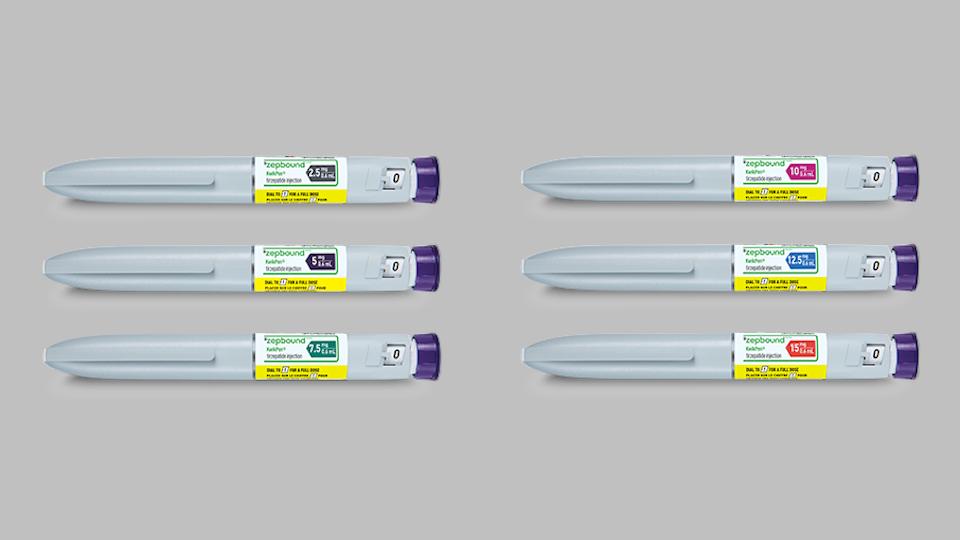FDA authorises COVID-19 booster jabs for at-risk people

The FDA has cleared the use of third dose of either the Pfizer/BioNTech or Moderna COVID-19 vaccines for people with weakened immune systems, but stopped short of recommending a broader booster campaign.
The emergency use authorisation (EUA) for the two mRNA-based vaccines has been amended so they can be used for solid organ transplant recipients or those with conditions that impair their immunity, who are at greater risk of severe disease.
"Other individuals who are fully vaccinated are adequately protected, and do not need an additional dose of COVID-19 vaccine at this time," said FDA acting commissioner Janet Woodcock. The US hit its target of 70% of adults being fully vaccinated earlier this month.
Centers for Disease Control and Prevention (CDC) advisors are scheduled to meet later today to discuss specific recommendations on the eligibility of immunocompromised individuals. It is estimated that there could be between three million and nine million Americans who are eligible for the booster dose, depending on the outcome of the deliberations.
The US is the largest country to announce a firm policy on booster doses, at a time when calls are growing for affluent countries to hold off on implementing large-scale top-up campaigns in order to allow vaccine supplies to be sent to low- and middle-income countries.
The UK is also considering third doses for vulnerable people, including the very elderly, from next month, but has discussed the possibility of providing boosters for everyone aged over 50. A firm policy has yet to be announced, but the government has been reported to be planning a £1 billion order for new doses that will be used in 2022.
Germany meanwhile has also said it will start vaccinating at-risk people and extend the programme to include children aged over 12 from September, while France has backed a third dose for immunocompromised people.
Recent studies in the US have found that transplant patients taking immunosuppressant drugs had subpar immune responses to even two doses of the Pfizer/BioNTech vaccine, allowing more 'breakthrough' cases of COVID-19, but that a third dose seemed to kickstart protection.
Both Pfizer/BioNTech and Modena have meanwhile reported data suggesting their vaccines provide protection for at least six months, but for now there's little data beyond that time point.
The revised EUAs for the vaccines have been amended to allow for an additional dose to be administered at least 28 days after the standard two-shot course.












